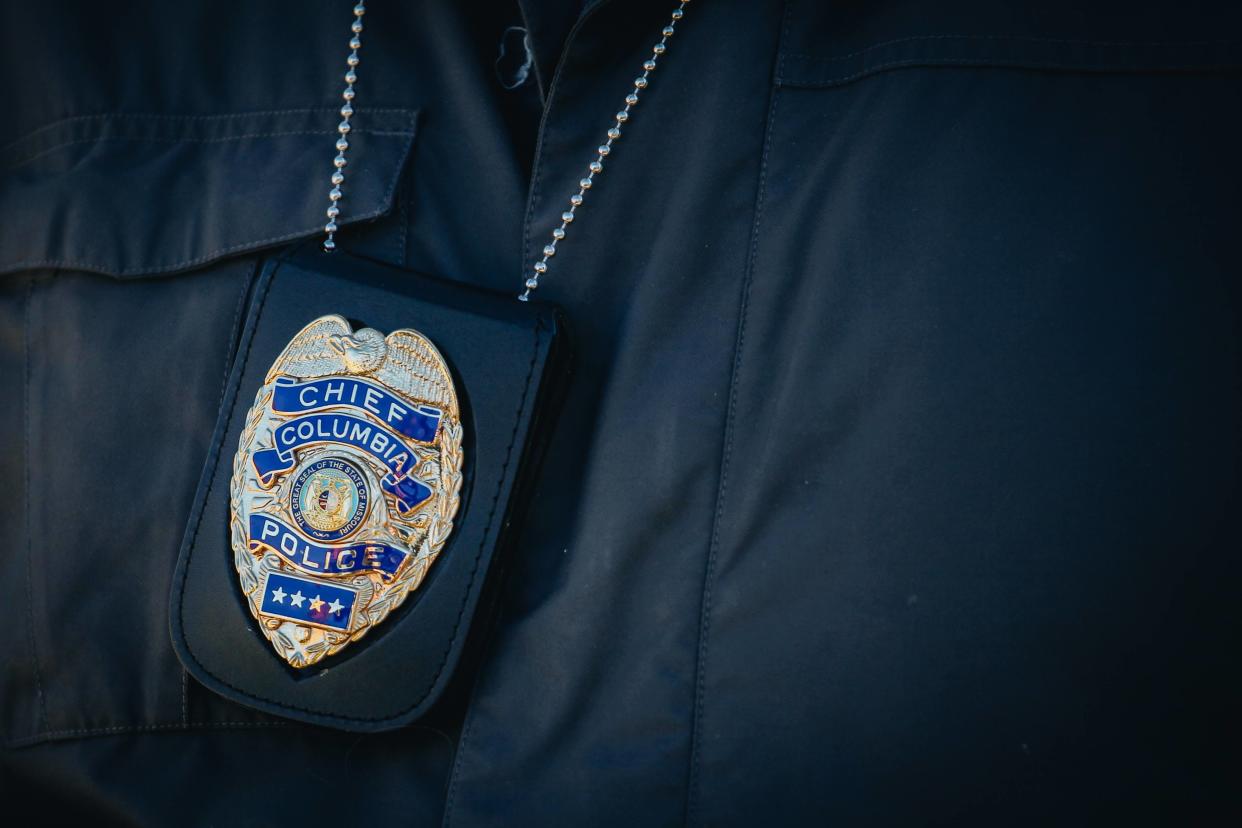Citizen Police Review Board appointee background check policy questioned at council meeting

A criminal history background check policy for Citizens Police Review Board appointees prompted questions and concerns during Monday's Columbia City Council meeting.
When the CPRB was established, part of its formation ordinances — based on information presented Monday by city attorney Nancy Thompson — requires potential members submit to a criminal history check through the Columbia Police Department.
The way to access the criminal history checks requires a person's fingerprints, run through the Missouri Highway Patrol, for document accuracy, Thompson said. Such a practice also needs authorization by the city council for the police department, based on how the ordinance is written.
"The data was never used in an inappropriate manner, but just the access of the database is something that got called into question," Thompson said.
The police department, since April, has done name-based background checks on open records, rather than the criminal history checks, which can pull in closed, out-of-state or FBI records. A report the police department provides to the council about appointees is based only on the open records.
The authorization for a fingerprinting terminal was voted down Monday and brought forth more questions about the background check policy and whether it even is needed. Background checks on open records still will happen, but now the police department cannot do the more stringent criminal history check via fingerprints.
"The code requires criminal history. We will have to change the code one way or another," Thompson said, adding name-based general background checks do not have the guaranteed accuracy of criminal history.
CPRB is the only city board or commission with a criminal history background check for appointees, based on information presented Monday. It has not met since August due to internal struggles and several member resignations.
Community members who spoke about the background check policy questioned its need, especially in light of the recent issues CPRB has faced. A background check requirement gives the sense of intimidation, residents said. People who would like to join may not submit their name over their past history because they it could impact an appointment was another sentiment expressed.
Third Ward council member Roy Lovelady could not see how requiring a background check with fingerprinting builds trust by the community of the police department, he said.
CPRB appointees should "have no serious criminal record," as noted in the staff memo to council, but a serious criminal record is undefined and thus subjective, Thompson said. Those with prior convictions have served on the CPRB, she said, answering a question from Fifth Ward council member Matt Pitzer.
Residents Chimene Schwach and Chriss Jones said that in their prior background checks they have undergone fingerprinting was never required, including when Jones sought a CPRB appointment. They were among the six people who gave public comment Monday.
"I had a background check for working with children in protective custody and nobody asked me for my fingerprints," Schwach said. "I was going into people's houses. I was testifying in court and dealing with child abuse and neglect and trauma cases that would blow your minds — and nobody asked me for my fingerprints."
She also wanted to know what happens to those fingerprints after they get used for the criminal history check. What is the slippery slope it could lead to, she asked.
It is hard for people with a lot of trauma to trust the city, Jones said.
"This is nothing but an intimidation tactic for people who have experienced trauma," she said.
First Ward Council Member Pat Fowler and Fourth Ward Council Nick Foster aim to learn more about reasons why the background check policy was adopted in the first place.
There are a couple paths forward, Thompson said. One is to end the background check requirement or remove the criminal history check and rely on general name-based checks instead.
Those are discussions and potential ordinance changes for a different council meeting, though.
Charles Dunlap covers local government, community stories and other general subjects for the Tribune. You can reach him at cdunlap@columbiatribune.com or @CD_CDT on Twitter. Subscribe to support vital local journalism.
This article originally appeared on Columbia Daily Tribune: Citizen Police Review Board background check policy prompts questions

